How to solve a cold case: What victims’ families need to know
Someone shot Trevor Baldwin while he was driving his car on a Virginia road in 2014.
It happened on Tasman Court near Dunedin Drive in the city of Chesapeake around 9:15 p.m. Despite a few early leads, nearly a decade later, police haven’t made any arrests in the case.
For years, his mother, Melinda, has asked for help. More recently, after the bipartisan Homicide Victims’ Families’ Rights Act became law, she wanted to know if it applied to her son’s case.
“It’s been a hard road because of the obvious initial shock and the question, ‘What do we do? What do we do? What do we do?’” she told Fox News Digital. “And then fast-forward years later, it’s still, ‘What do we do – and who can help us better than the next person?’”
BTK CALLED ‘PRIME SUSPECT’ IN COLD CASES, SERIAL KILLER SAYS SEARCH FOR MORE BODIES UNDERWAY
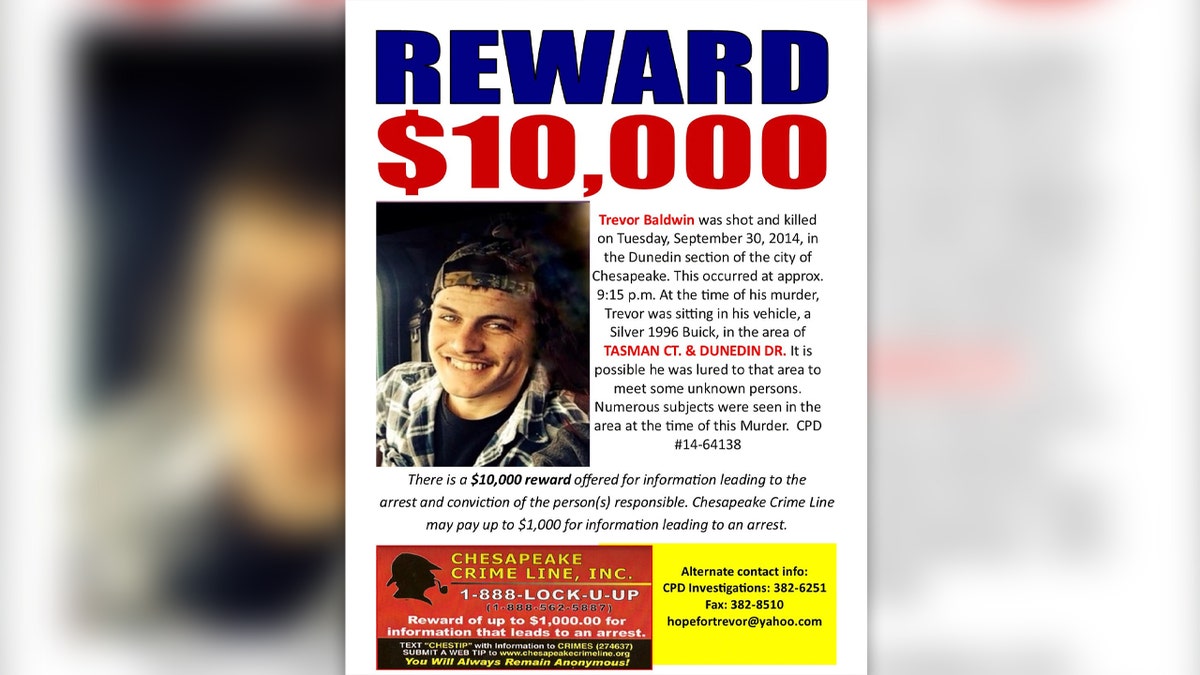
Unfortunately, the new law is applicable only under limited circumstances – and only if a federal law enforcement agency had been involved in the investigation in the past.
But there are other steps that loved ones can take to obtain justice when a case goes cold. It seems like every day advances in DNA technology, determined police work, private investigators and tireless families are finding justice.
“Remain friends with the police,” says Josephine Wentzel, a former police detective who came out of retirement to play a prominent role in the capture of her daughter’s suspected killer six years after the murder. “Oftentimes, people just throw in the towel and say, ‘Well, they’re not doing anything,’ and they give up.”
‘LADY OF THE DUNES’ CASE SOLVED 49 YEARS AFTER GRISLY MURDER MYSTIFIED VACATION TOWN
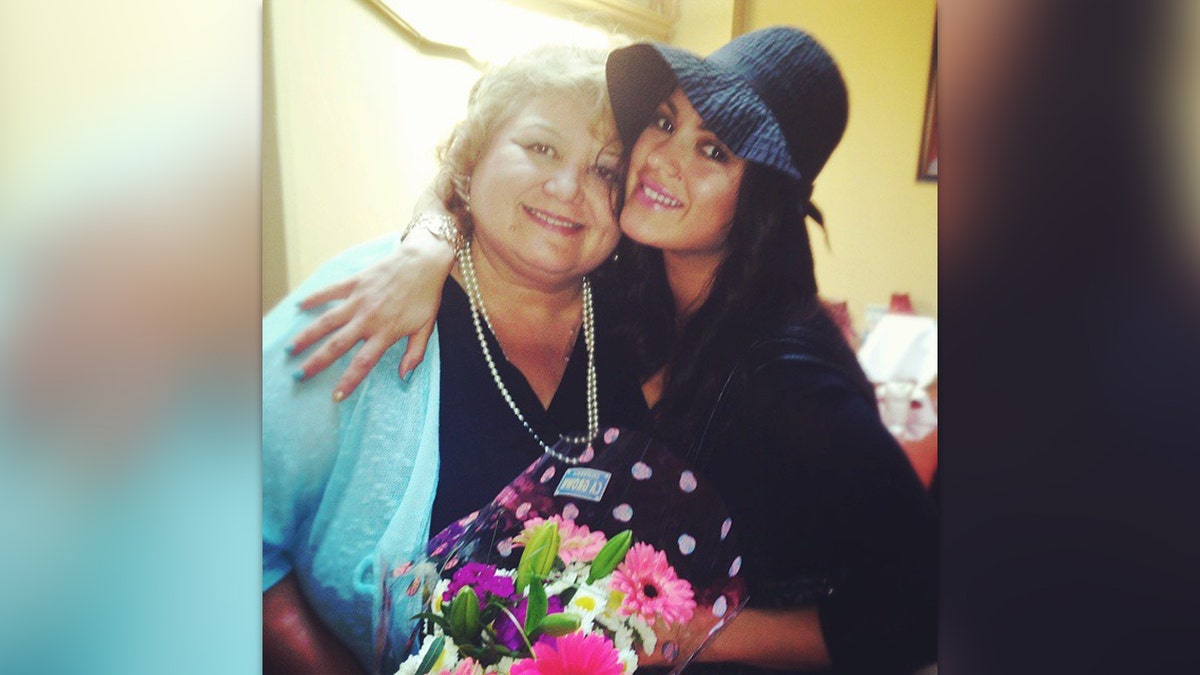
Think outside the box and don’t give up hope, that’s the key to cracking a cold case, she said.
That means making noise about the case whenever and wherever possible – from media interviews to town hall meetings, she said. But do it carefully without blaming police for frustrating delays in the case, she added. A good relationship with investigators means they are more likely to be receptive to solid new leads from the victim’s family.
WOMAN WHO FOUGHT OFF SERIAL KILLER WHILE PREGNANT RECOUNTS HARROWING FIGHT TO SURVIVE
U.S. Marshals captured Raymond “RJ” McLeod in El Salvador exactly a year ago Thursday after the former Marine had restarted his life off the grid as a English teacher. The 38-year-old is suspected of killing his then-girlfriend – Wentzel’s daughter – Krystal Mitchell in San Diego in 2016 and fleeing the country.
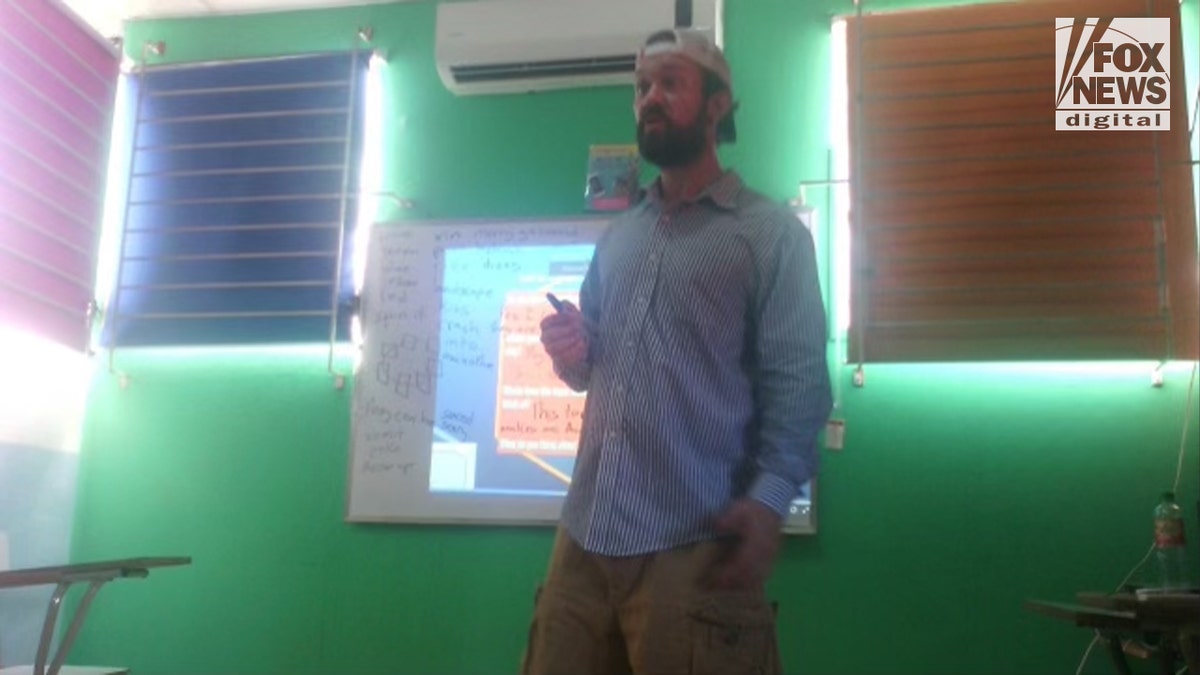
“It’s really up to the family to generate tips,” Wentzel said. “The Marshals told me they never would’ve caught McLeod if it wasn’t for me and what I was doing, and all I was doing was getting the word out.”
McLeod was the first suspect in history to enter the U.S. Marshals’ Top 15 Most Wanted List with a bounty as high as $50,000 – but Wentzel says the reward money is only part of the equation.
ATLANTIC CITY’S ‘EASTBOUND STRANGLER’ PROBE REVIVED AS GILGO SUSPECT REX HEUERMANN’S JERSEY SHORE TIES EMERGE
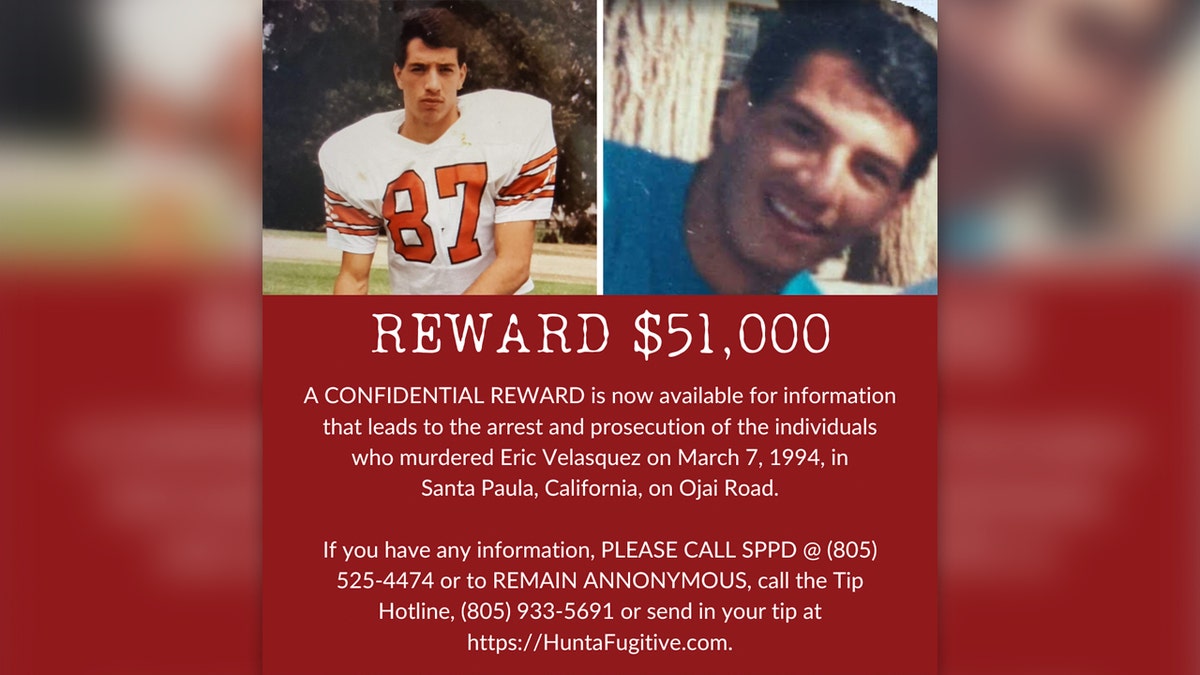
“Even if you put $1 billion reward, if nobody knows there’s some reward out there and nobody’s going to say anything, Hello!” she says. “And that’s the key right there.”
Joseph Giacalone literally wrote a book on the subject: “The Cold Case Handbook.” The former NYPD sergeant is now a criminal justice professor at John Jay College of Criminal Justice.
He has a few tips for family members whose cases are not covered under the new federal law.
AUTHOR’S BOOK ON HOMETOWN MURDER MYSTERY HELPS LEAD TO RETIRED PASTOR’S ARREST IN GIRL’S 1975 KILLING
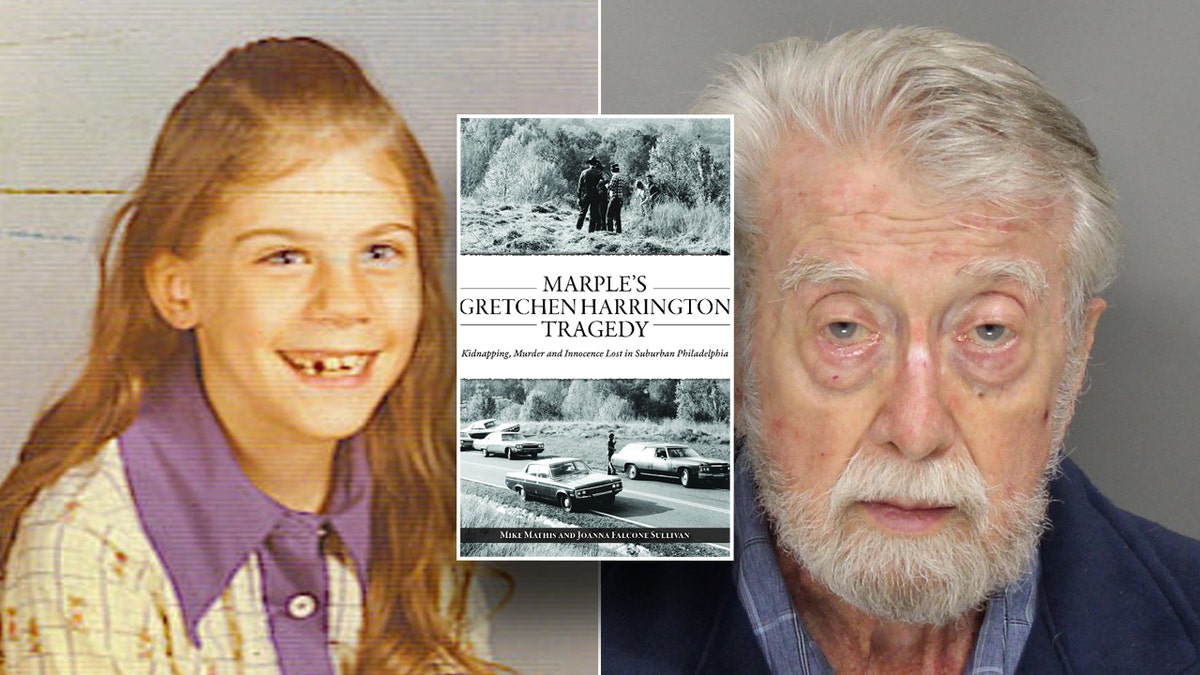
The first is to write a letter to the police chief to request a review. He said go to the chief and not to the detective on the case because the detective may have a lot of other cases on his plate, too. Instead of the chief, if it’s not a police department handling the case, relatives can reach out to the county prosecutor’s office.
Also request media to help on the case, he said – similar to Wentzel’s advice: “Get the word out.”
Lastly, there are cold-case advocates that may be able to work on a family’s behalf, Giacalone said.
BTK CALLED ‘PRIME SUSPECT’ IN COLD CASES, SERIAL KILLER SAYS SEARCH FOR MORE BODIES UNDERWAY
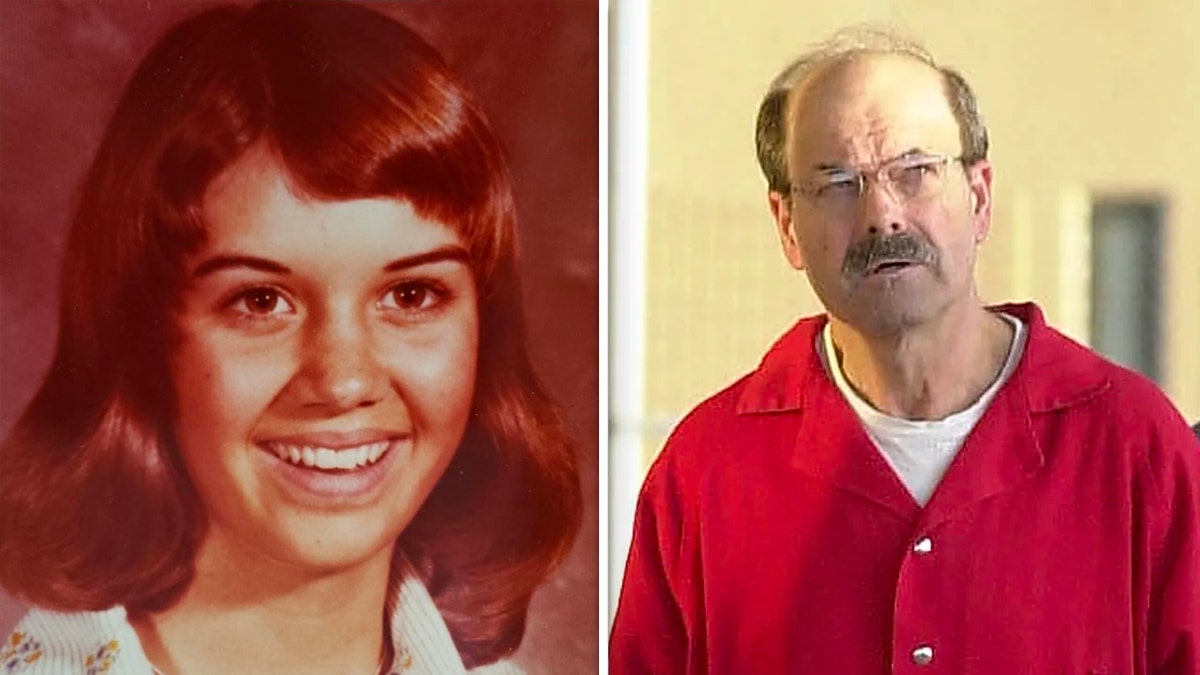
A good cold-case advocate takes the pressure off the family and raises awareness about the case, according to Andrea Cipriano, one such advocate and a former student of Giacalone. She works for Uncovered.com – a platform that also uses data analytics and crowdsourced information to help crack cases.
“This is long work,” she told Fox News Digital. “It takes a long time but do get solved, it happens frequently,” especially with the rise of the true-crime community on social media.
“TikTok has made it so there are a lot of cases that are getting new attention that weren’t before. Using social media is incredibly important – not just TikTok but Facebook groups.”
Wentzel said that tight-lipped witnesses can become more likely to speak up as time passes.
“Somebody knows something,” she said. “I think after so many years, people are more apt to come forward, especially if there’s a reward.”
Wenztel is currently assisting a family in the 1994 cold-case murder of Eric Velasquez and founded an online community called Hunt a Fugitive.
Velasquez, a college student and sales rep for the Los Angeles Times, was shot once in the chest in an apartment complex carport on Ojai Road in Santa Paula, California. He died from his injuries, and the unidentified gunman was never arrested.
There is a $51,000 reward for information that breaks the case. Anyone with information can call Santa Paula police at 805-525-4474 ot the anonymous tip hotline at 805-933-5691.
There is a $10,000 reward for information in Baldwin’s case. Anyone with tips can contact the Chesapeake Crime Line at 1-888-LOCK-U-UP (1-888-562-5887).
Read the full article Here


